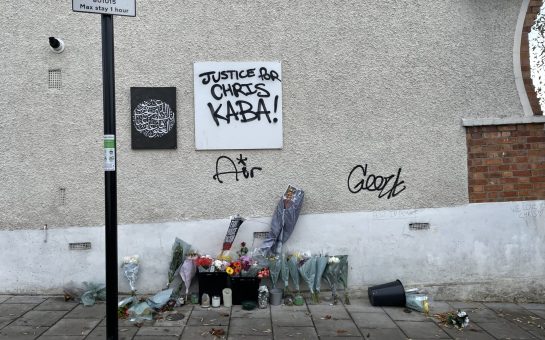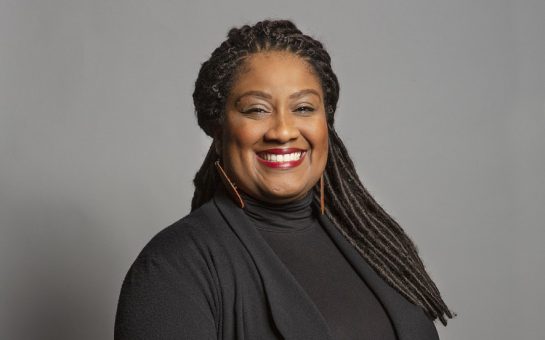Bell Ribeiro-Addy MP has spoken in Parliament about the lack of detailed equality impact analysis during the third reading of the Finance Bill.
Ribeiro-Addy debated in Parliament on Wednesday for a new Clause 7, named Equality Impact Analysis of Provisions, to be included in the Government Finance Bill.
The new clause emphasised that the review must consider the impacts on those from households of various levels of income as well as people with protected characteristics outlined in the Equality Act 2010.
Protected characteristics include, but are not limited to, age, disability, gender reassignment, race, and sexual orientation.
Ribeiro-Addy said: “We cannot talk about sexism, racism, homophobia, ableism, poverty and regional inequality properly without talking about the economy, because we know that structural inequality and discrimination hold many of our communities back.
The fact remains that inequalities are out of control and they are doing absolutely nothing to stop that.”
The Equality Impact Analysis of Provisions emphasised the public sector equality duty which focuses on the Government’s need to eliminate discrimination, advance equality of opportunity in communities and remove or minimise disadvantages suffered by people of certain ages, disabilities, race, or sexual orientation as mentioned above.
Amidst the latest talks of ‘Levelling-Up’ schemes, Ribeiro-Addy put forth her argument that the government is in fact deepening inequalities.
The MP highlighted data from The Office for National Statistics (ONS) that revealed the financial disparity in different regions throughout the UK, for example the annual household income in Kensington and Chelsea, over £63,000 compared to Sunderland, £16,000.
Ribeiro-Addy conveyed that the impact of cuts to the High Speed 2, a railway connecting London, Birmingham and Manchester, and increased national insurance in places such as Sunderland is far greater than in Kensington and Chelsea.
A spokesperson from Tax Calculator UK confirmed the disproportionate impacts of national insurance,, saying: “People earning some of the highest salaries in the country are set to pay the same percentage of their salary as a person on £20,000, despite earning five times as much.”
The MP also drew attention to the ethnicity pay gap of 10.13%: “More than half of the UK’s Black children live in poverty.
“That means that Government policy, in the form of high energy prices, higher national insurance or freezing income tax thresholds, disproportionately hits ethnic minority communities and people in work much harder.”
The gender pay gap, disadvantages faced by the LGBT community and disabled people were also discussed.
Ribeiro-Addy concluded: “The Government are not using their powers, including fiscal powers, to alleviate those inequalities; they are actually exacerbating them. It is a shameful record.”




